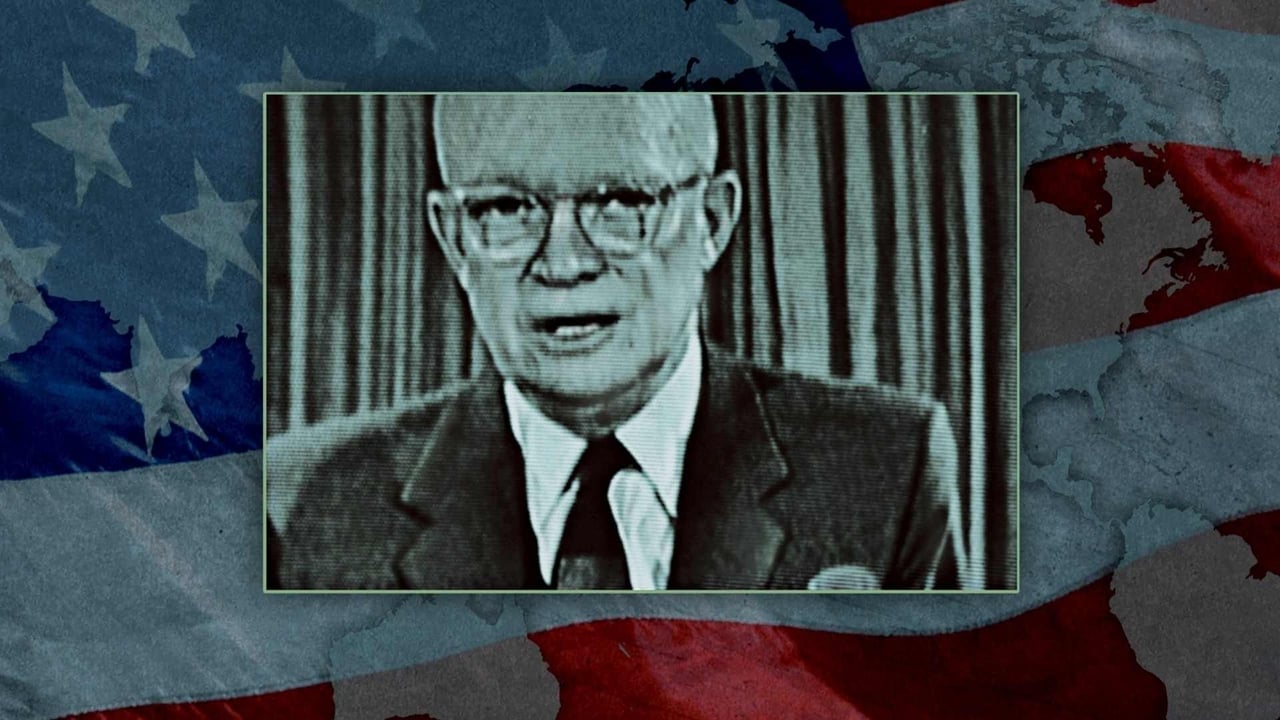

Many on this site call this movie propaganda...obviously that is correct, but to be fair ever single book or movie or media in general is propaganda. We all have agendas and (hopefully researched) opinions for every single action of our lives. This movie is human nature and so clearly propaganda.The problem I have is that this movie pretends that imperialism & money only became connected with war since WWII. Lets not be naive...every single war in the history of the world has been motivated by power and money. From ancient Greece to the crusades to our current wars. EVERY SINGLE WAR EVER IS ABOUT $$$$$$$$$$$$$!
... View MoreI was so deeply disturbed by this movie, I had to stop watching it. I am trying to decide if I can finish it before I need to return it to the video store.I try to be an informed and active participant in society, regularly seeking out information on current affairs, voting, volunteering, and trying to educate people around me. How does one react to such frightening and disheartening information as can be found in this film? The American people have been duped into believing their sons and daughters and innocent people in other countries are dying for the sake of liberty when we're really just pawns in a quest for supreme power and dominance. (Doesn't this sound like the plot to some silly cartoon? And yet, this is REAL LIFE.)Although I understand the need for it, I was never a fan of the military because I'm not good at turning off my brain and doing "what I'm told." When I answer to God one day for my actions, I don't think He'll accept the excuse that I was "just doing as I was told." After seeing this film, I will actively discourage young people from going into the military.This is a must-see.
... View MorePresident Dwight Eisenhower warned us that we must be vigilant against the military-industrial complex taking over our country. Why We Fight, a film that won the 2005 Grand Jury Prize at the Sundance Film Festival, shows the price we are now paying for failing to watch over our leaders.Eisenhower warned that we would suffer disastrous consequences if a non-military man became President. We not only have that, but we also have a contractor in the Vice-President's office.The military -industrial complex has corrupted Congress to the point that they are willing accomplices. In addition, Think Tanks are now setting policy for the government. The American people were carefully mislead into a war that serves no purpose other than filling the coffers of American business and we will suffer for years because of it.It is not only the wasted money and wasted lives, but also the loss of our status as a Great Nation. We are heading down the path of Rome and, like Britain, France, and the Soviet Union before us, we will fall.I hope it is not to late to repair the damage, but I fear it is.
... View Morei watched this superlative documentary months ago and am surprised i didn't write a review, which is more like a letter of gratitude. There are no spoilers here. just accolades from a grateful viewer. this montage of famed politicians, historians, people of courage and amazing intelligence is enough to recommend this documentary, if only to see a piece of history put together in such brilliant fashion, and with such a clear, unabridged message. There isn't any preaching, finger wagging, lecturing...none of that. Only pure, clear-minded analysis on an aspect of human nature which we need to expose, and understand. Hind sight is easy. Seeing the future path becoming wider is a different matter. humanity needs more films like this one. It has a way of exonerating our blackest characteristics, not by making excuses, but by making it clear that the Why of fighting is understood. If we can disseminate, expose, and understand, we can stop. kudos to Eugene Jarecki.
... View More